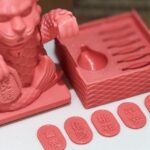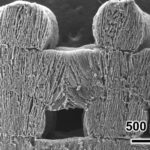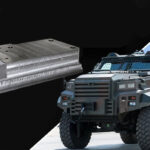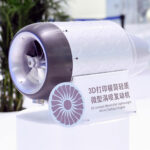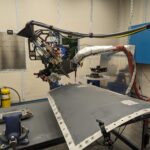Indo-MIM has adopted metal Binder Jetting (BJT) for creating M2-grade tool inserts for its Metal Injection Molding (MIM) operations. Since mid-2022, the Bangalore-based company has produced over 800 tool inserts using this method.
Traditionally, laser-based Powder Bed Fusion (PBF-LB) was used to create tool inserts, primarily utilizing Maraging Steel, which achieves up to 55 HRC post heat treatment. However, this material is not suitable for many tooling applications due to its hardness limitations. Indo-MIM’s BJT approach leverages their extensive experience in material development and sintering, offering significant improvements in material properties.
The M2-grade material developed by Indo-MIM boasts a 50-80% increase in wear resistance and 40% better machinability compared to conventional wrought M2 material. These enhancements are achieved through a finer grain microstructure and a minimum density of 99% post sintering. The resulting material consistently reaches a hardness of 63-66 HRC.

“Given our material development and sintering expertise, fine-tuned over twenty-five plus years, our M2-grade material offers 50-80% increase in wear resistance, 40% better machinability compared to conventional wrought M2 material,” said Jagadish Holla, Sr VP-Marketing at Indo-MIM.
“These are accomplished through finer grain microstructure and 99% minimum density post sintering. Our M2 material can guarantee 63-66 HRC hardness consistently.”
BJT enables Indo-MIM to produce tool inserts weighing between 300 grams and 8 kilograms, achieving near-net shapes and incorporating complex conformal cooling channels. These tool inserts are used both in-house and offered as a production service to customers, demonstrating the versatility and efficiency of the BJT process.
Source: metal-am.com


